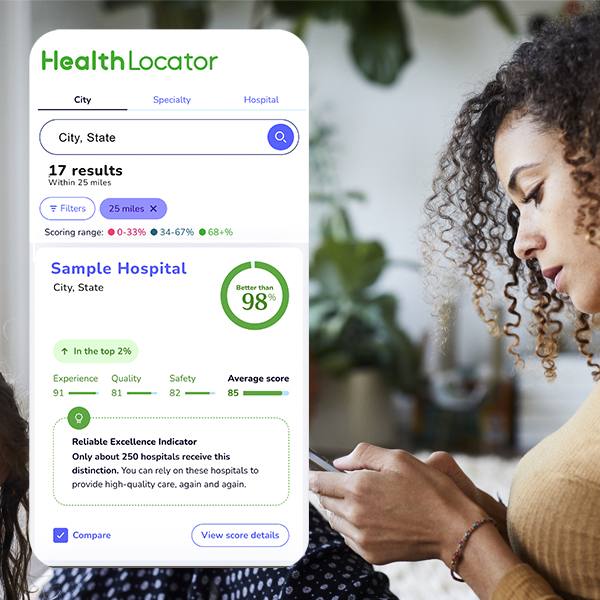-
What you need to know about this year’s flu vaccine

In addition to changing leaves, the arrival of fall usually signifies the beginning of flu season.
A serious and potentially deadly virus, influenza causes fever, coughing and muscle aches. It also can lead to other complications, such as pneumonia, bronchitis and, potentially, death.
The Centers for Disease Control and Prevention (CDC) estimates that approximately 49,000 flu-related deaths occur annually. Internal medicine specialist Dr. Vandana Bhide, who treats many hospitalized flu patients at Mayo Clinic's campus in Jacksonville, Florida, offers advice and information on this year’s flu strains, available vaccines, and tips to avoid getting the flu.
New information on the flu
For the 2016-2017 flu season, there have been several updates, including a recommendation by the CDC against the FluMist. Dr. Bhide notes:
- All vaccines are injectable. There is a needleless system option for those with a fear of needles.
- This year's flu strains include H1N1 A and a new subtype known as H3N2. There’s also a new B strain called Brisbane.
- A quadravalent vaccine is available, which has two influenza A strains and two influenza B strains.
- There are options available for people with egg allergies that are made in cell cultures or are completely synthetic.
"This year, there is a vaccination option for everyone," says Dr. Bhide.
Importance of the vaccine
Dr. Bhide encourages everyone to consider a flu vaccine, particularly those at high risk for complications — individuals over 65, pregnant women, children 6 months to 2 years old, and individuals who are immunocompromised.
"Many people who get the flu will have a fever, experience muscle aches and feel the need to stay home from work or school for a few days. Certain people can develop serious complications. The vaccine can help avoid these issues,” says Dr. Bhide.
Due to the unpredictability of the flu season, which is typically from October to March, there is no specific date by which you should get your vaccine. The only advice is that the vaccine should be administered as early as possible to be able to take effect before exposure to the virus.
"The vaccine is the best defense against the flu and serious flu-related conditions, and, because it's difficult to predict how and when the flu will strike, I recommend getting it as early as you possibly can," says Dr. Bhide.
Watch: Dr. Bhide discuss the latest in flu.
MEDIA CONTACT: Cynthia Weiss, Mayo Clinic Public Affairs, 507-284-5005, newsbureau@mayo.edu
Tips for avoiding illness
Dr. Bhide offers these tips for staving off the flu and other illnesses, regardless of the season:
- Wash your hands thoroughly and frequently with water and soap, or alcohol-based hand sanitizer.
This is particularly important before leaving the bathroom, eating or touching your face. - Avoid others who are sick, and stay home from work or school if you are ill.
Dr. Bhide recommends visiting the doctor if you are part of the highrisk group for flu or around someone who is at risk. - Keep your vaccines up to date.
Aside from the seasonal flu shot, the most important vaccines, she says, include measles, mumps and rubella and the combined Tdap, which covers tetanus, diphtheria and acellular pertussis (whooping cough).
"In general, vaccines are not going to prevent you from getting the flu by themselves; the best way to avoid getting sick with the flu is by combining healthy living practices with an up-to-date vaccine," says Dr. Bhide.
She adds that it's important to see your doctor immediately when you begin experiencing flu symptoms. A prescription medication is available for some patients who have had flu symptoms for less than 48 hours.
Related Articles







